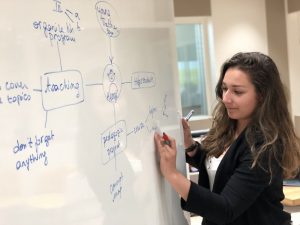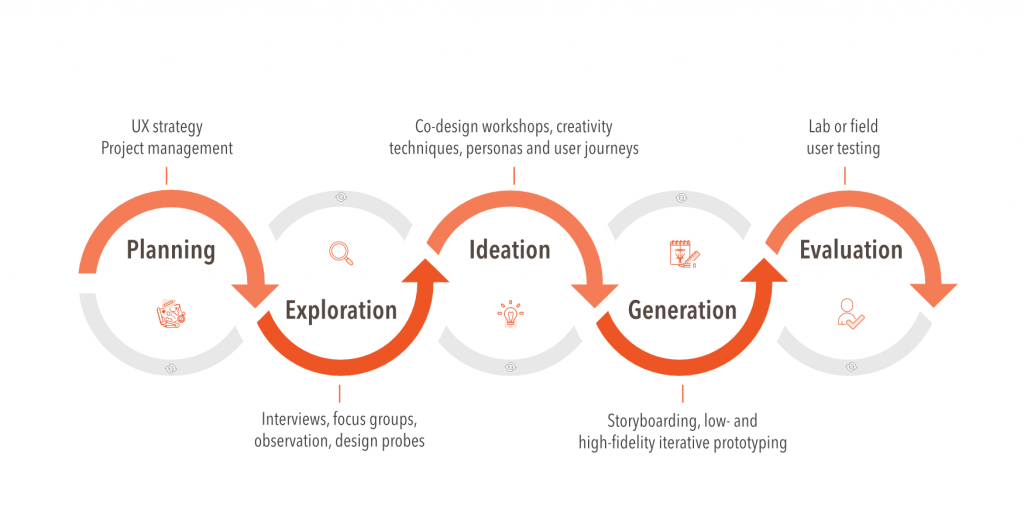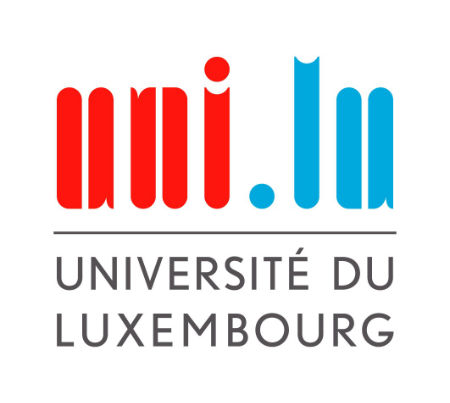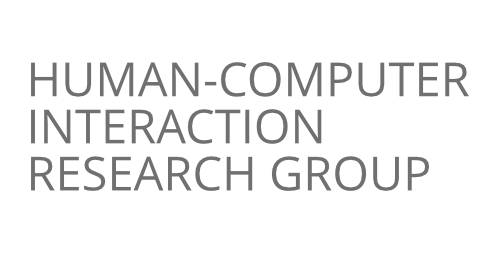Concept maps are a well-established method in learning and assessment of knowledge. They have good potential to address current challenges in education. Most studies on concept mapping do not consider human-computer interaction (HCI). However, HCI affects learning outcomes. In particular, the effects of user experience (UX) on concept mapping are not sufficiently studied.
In a context of ever-growing learning and assessment stakes, the present project fills this research gap. It systematically introduces user experience methods into the design of a digital concept mapping tool. This project investigates the role of user experience in digital learning with concept maps, as well as in summative and formative assessment of knowledge with concept maps.
Contact person for further questions: Björn Rohles

Investigating user experience in digital concept mapping
User experience (UX) is grounded in acknowledging human needs in every step of the process. We follow a user-centred design process where our participants play an active part: They share their ideas, test our prototypes, and give their honest feedback to make sure that the concept mapping tool fits the needs of students and teachers alike.

In detail, the steps in the project are:
- Planning of resources and project management
- Exploration of user needs and ideas for functionalities with the help of classes, focus groups, and interviews (covering students and teachers)
- Ideation of design solutions to implement the functionalities we discovered in the exploration phase
- Generation of six prototypes that run on both computers and tablets
- Evaluation of several iterations of tool ideas in lab studies and field studies
Current work
The results of our work are being integrated in OASYS4schools and rolled out to schools, building on initiatives like roadmap.lu. Currently, further work is ongoing in co-design studies of concept mapping-based assessment, human-centered educational guidelines for integrating concept maps in education, and investigating the potential of concept mapping as a methodology in UX design and UX strategy.

